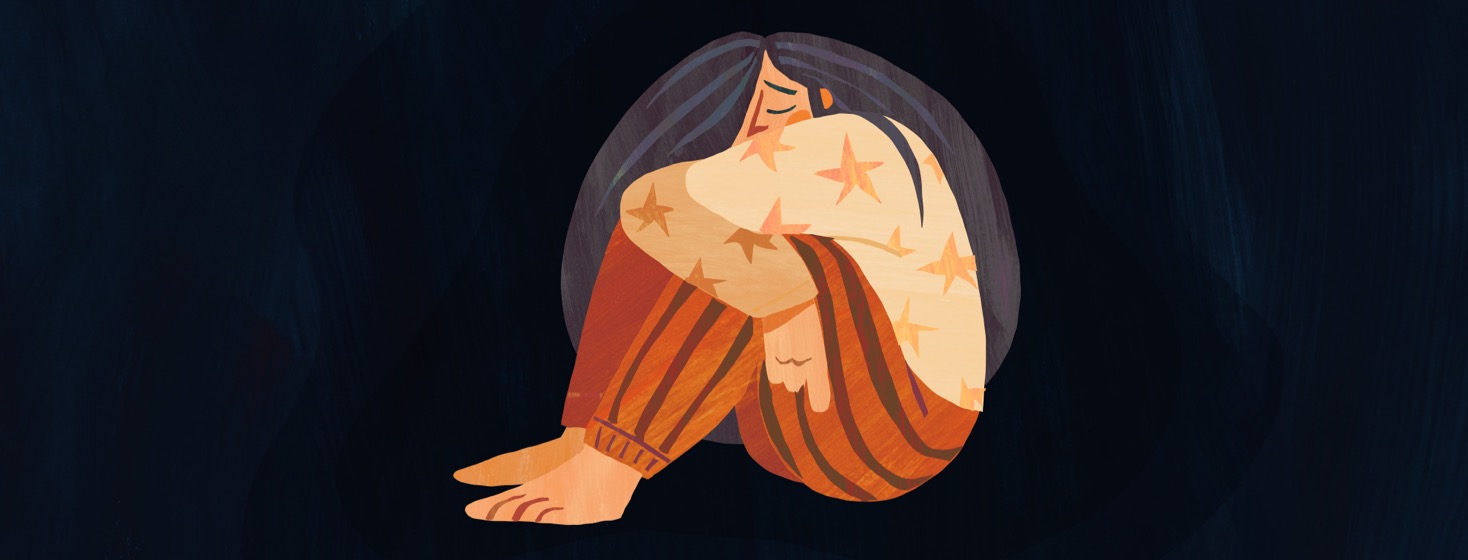The Invisible Mental Load of IBD
During the years I struggled with undiagnosed Crohn's disease, my mental health suffered. I was full of symptoms and missing answers, and many of the healthcare providers I sought out treatment from came back at me with more questions than I could process.
I was afraid nobody would ever know what was wrong with me, and therefore, that I would never ever feel better. My quality of life had decreased until I was merely a shadow of myself, and looking back upon that time makes my heart ache for the girl who was navigating the unknown alone. I've shared articles before about that period of my life, the way depression and anxiety nestled up beside me, and how to this day, therapy, along with time and medication, have helped me to manage my mental health.
Featured Forum
View all responsesHow Crohn's has changed me
It's no surprise to me that in the years since my IBD diagnosis, and in the time since finding remission, I've continued to work on, examine, and process the way that Crohn's disease has changed me.
One important thing of note stands out the most: I have learned to carry the invisible mental load of living with IBD.
I've learned to manage my thoughts and my actions and to cope to the point that most people in my life have no idea that I'm struggling. Whether it's physical challenges or mental, whether I'm experiencing symptoms or medication side effects or the emotional burden of living with an autoimmune disease, I tend to hide things pretty well when I want to. This means that even on my worst days, if I'm at home, and alone, my pain is often kept secret.
"How are you feeling?"
A prime example of this is my response when asked how I am feeling. Automatically, I've come to respond with "fine" or "okay" to the majority of people who might inquire, knowing that there's just no way they could understand my truths or the intricacies of life with Crohn’s disease even if they wanted to.
Yes, I am grateful and lucky that there are a few people who hold the details and the truths of what I experience regularly, but to be honest, they all struggle with some health conditions of their own.
This coping mechanism, it gets old after a while.
Hiding our IBD pain
It becomes extra work, an extra facade, an extra layer of armor that we must not only wear but carry from place to place, being able to cloak our hurt and our pain behind a fake smile, a silent grimace, and a handful of blandly flavored generic words.
The way I see it, it's like having a pain tolerance so high that it takes the highest dose of the strongest medicine even to make a dent in the pain. The pain that we are sometimes so used to that even just a moment of relief – even just a few seconds where we can take a deep breath – feels like the best gift.
Over the years of living with IBD, I've come to realize that is that carrying the mental load of living with an invisible illness can be almost as difficult, if not as difficult, as the physical challenges we experience as part of the disease. I am a firm believer in community, in support, and in therapy in order to manage this – for our silence can get heavy and awful lonely.

Join the conversation